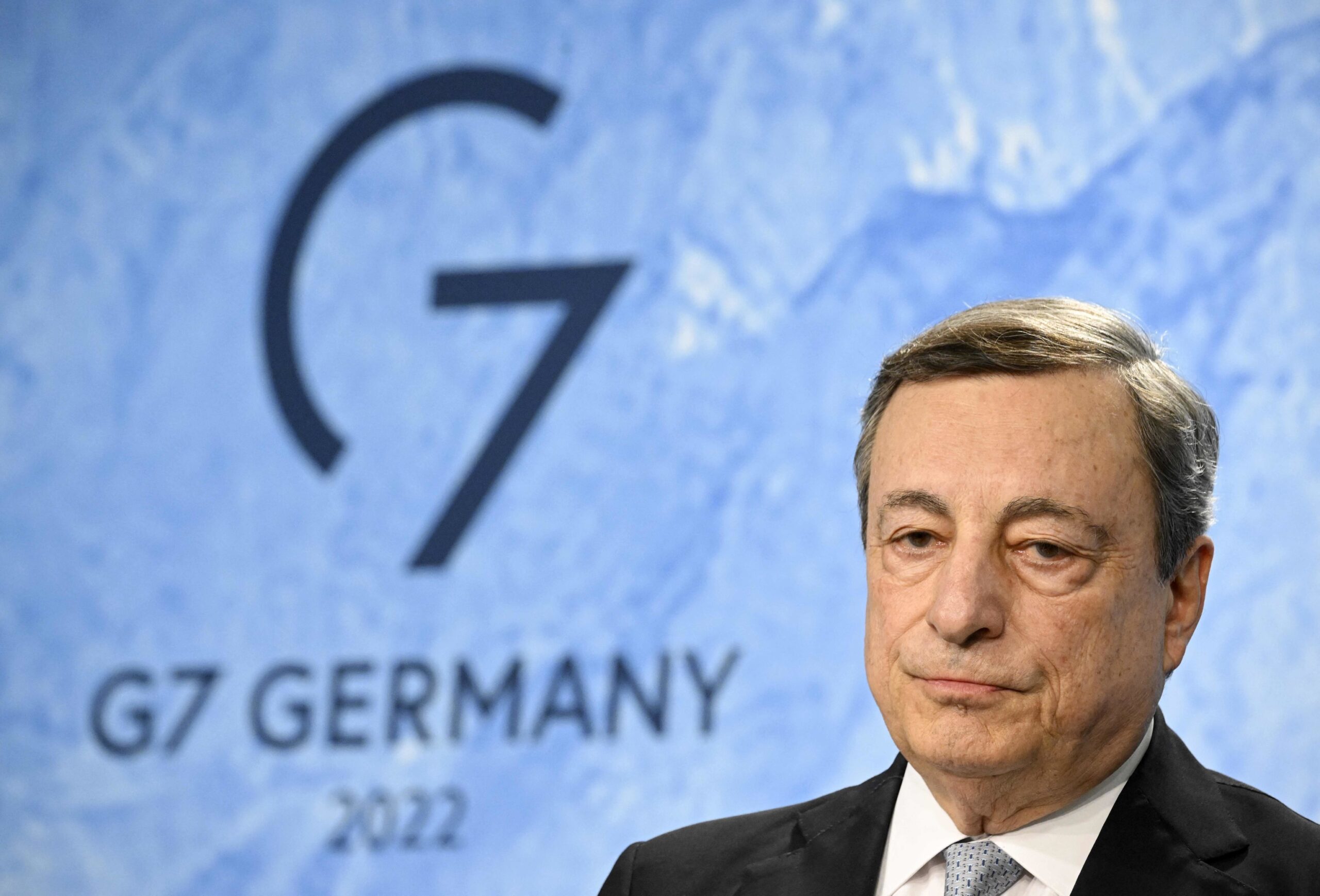The open government crisis in Italy due to the lack of support for Mario Draghi shown by the 5 Star Movement (M5E), one of the main partners of the government coalition, will face its decisive day next Wednesday, when the prime minister will appear in the Parliament and announce whether or not he will continue to lead the Executive.
Depending on whether or not Draghi gives irrevocable character to the resignation that the Head of State, Sergio Mattarella, rejected last Thursday, sending him to Parliament, four possible scenarios are opened, ranging from everything remaining the same until early elections are called, the most plausible option at the moment, according to most experts.
In any case, the political crisis is wide open, with four possible solutions:
The current government remains: All the parties of the government coalition, including the M5E, show their support for Draghi, who agrees to remain as prime minister, possibly after reaching a new government agreement and voting a confidence vote in Parliament. It is a complicated option because the M5E is mired in confusion, with different positions on the matter and, in addition, the right-wing parties of the majority that Draghi supports, the conservative Forza Italia and the far-right Liga, have shown their opposition to maintain the alliance with the M5S.
The current Government ends and Draghi presides over a new Executive: The Prime Minister resigns, but receives a new mandate from the Head of State to form a government, which may have the same majority or a different one, possibly the same as now without the M5E. It is an unlikely hypothesis, since the prime minister has reiterated that he will not lead a “Draghi bis” and even more so without the M5E in the government alliance, which has been the reason for his resignation.
A new prime minister is appointed to allow the legislature to end: Draghi resigns and Mattarella commissions another to lead the government until next spring, or at least until the end of the year so that the Budget Law can be approved, for which it would be necessary a “technician”, like the Minister of Economy, Daniele Franco, the name that sounds the most. It is also a very unrealistic option, since most of the coalition leaders – who are very difficult to agree on – have already said that without Draghi the only possibility is elections.
Early elections are called: Draghi resigns and Mattarella dissolves the Chambers. The elections would be called for September 25 (or the first Sunday in October), according to the deadlines set by the Constitution, and the Government would continue to function to manage the “ordinary Administration”, although it is not clear if that would allow the approval of the decrees most urgent and the Budget Law. Until the inauguration of the new Parliament and the new Government, Draghi could remain Prime Minister until November. At the moment, this is the hypothesis with the most possibilities, but nothing is decided nor will it be until next Wednesday.
Conforms to The Trust Project criteria
















